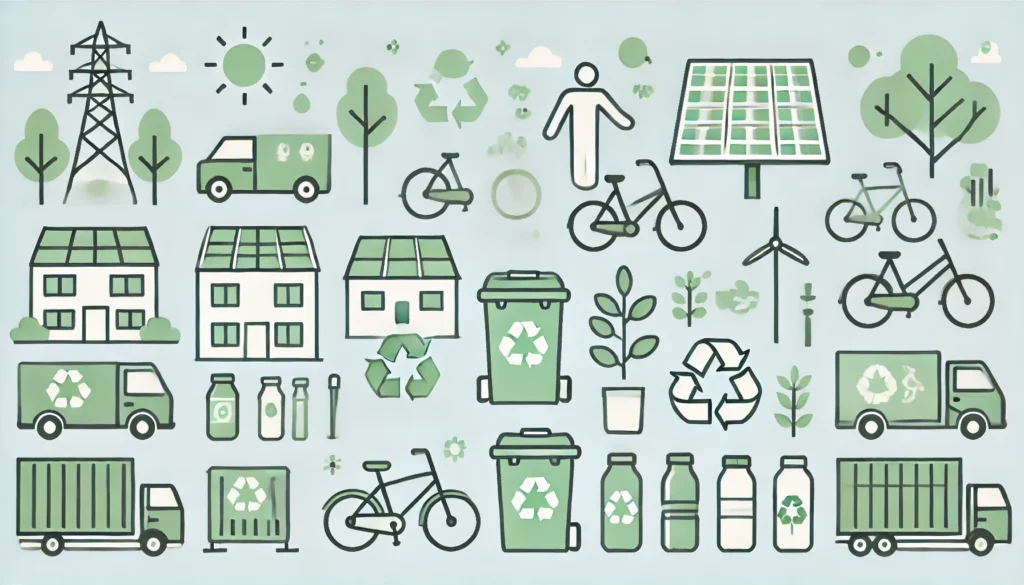A Food Safety Advocate plays a crucial role in promoting and maintaining safe food standards to protect public health. These professionals educate consumers, support food industry practices, and advocate for food safety policies. This guide provides a detailed look at who a food safety advocate is, their educational path, expertise, job profile, and how they contribute to society.
Who is a Food Safety Advocate? 🧑⚖️🌿
A Food Safety Advocate is a professional dedicated to ensuring that food is safe for consumption and meets health standards. These advocates often work with government agencies, non-profit organizations, and food industries to educate the public about food safety, promote best practices, and ensure compliance with regulations. Their mission is to prevent foodborne illnesses and build consumer trust in food quality and safety.
Education and Expertise Required for a Food Safety Advocate 🎓📚
To become a Food Safety Advocate, individuals typically need a background in food science, public health, microbiology, or a related field. Many pursue a bachelor’s degree in food science, nutrition, or biology, followed by certifications such as Certified Professional – Food Safety (CP-FS) or Hazard Analysis Critical Control Point (HACCP) training. Advanced degrees in public health or environmental health can further enhance their expertise.
What Does a Food Safety Advocate Do? 📋🕵️♂️
A Food Safety Advocate’s job profile encompasses various responsibilities aimed at protecting public health:
- Monitoring and Evaluating Food Safety Standards: Advocates ensure that food production, storage, and distribution processes meet regulatory standards.
- Educational Outreach: They organize awareness campaigns and workshops to educate consumers and food handlers on proper hygiene and safe food practices.
- Policy Development and Advocacy: Many advocates work with lawmakers to develop and improve food safety laws, influencing policies that affect food quality.
- Investigating Food Safety Issues: In case of a foodborne illness outbreak, advocates help trace the source, analyze causes, and recommend actions to prevent future cases.
- Supporting Food Industries: Advocates guide food businesses in implementing safe practices and maintaining hygiene standards, thus enhancing consumer confidence.
How Can a Food Safety Advocate Help the Public? 🛡️🍲
Food Safety Advocates play an essential role in promoting safe consumption habits. They help educate the public about how to handle and prepare food safely, minimizing the risk of contamination. By offering expert insights into food storage, cooking temperatures, and cleanliness, advocates reduce the incidence of foodborne illnesses, thereby fostering a healthier community.
Where Do Food Safety Advocates Work? 🌍🏢
Food Safety Advocates work in various environments:
- Government Agencies: Departments like the FDA or FSSAI employ advocates to enforce food safety regulations and conduct inspections.
- Non-Profit Organizations: Groups focused on public health may hire advocates to educate the community and support safe food practices.
- Food Manufacturing Companies: These companies require advocates to oversee production processes, ensuring products are free from contamination.
- Educational Institutions: Some advocates work as educators, teaching students or employees in food-related industries about safe practices.
Benefits of Having a Food Safety Advocate in the Community 🌟
- Reduced Risk of Illnesses: Food Safety Advocates help prevent illnesses by ensuring that food handling practices are safe and regulated.
- Consumer Awareness: They empower consumers to make informed choices, educating them on the risks and best practices in food safety.
- Improved Industry Standards: Advocates work with food businesses to implement rigorous safety protocols, leading to higher-quality food for consumers.
- Community Health Support: By reducing foodborne illness cases, advocates contribute to the overall health of the community.
Challenges and Limitations Faced by Food Safety Advocates ⚠️
While their role is vital, Food Safety Advocates face challenges such as:
- Regulatory Constraints: Changing laws and policies can impact food safety standards and the scope of an advocate’s work.
- Limited Resources: Non-profit organizations or smaller agencies may lack sufficient resources for outreach and education.
- Public Awareness: Some consumers may lack awareness of food safety issues, making educational efforts challenging.
- Economic Pressures in Industry: Food businesses sometimes prioritize cost-saving measures over safety, creating obstacles for advocates.
How to Become a Food Safety Advocate: Steps and Costs 💸🛠️
- Educational Path: Pursue a degree in food science, public health, or microbiology. A bachelor’s degree in these fields can cost anywhere from ₹50,000 to ₹2,00,000 per year.
- Certification: Complete certifications like HACCP, which may cost around ₹10,000-₹25,000 depending on the course.
- Practical Experience: Internships or entry-level roles in food inspection or quality control help gain field experience.
- Networking and Advocacy: Engage with food safety organizations, attend workshops, and participate in policy discussions to build expertise.
The Vital Role of Food Safety Advocates 🏅🥕
Food Safety Advocates serve as protectors of public health, working tirelessly to ensure that our food meets stringent safety standards. Their efforts help prevent diseases, support food industry improvements, and build public trust. With a combination of scientific knowledge and advocacy skills, they bring critical expertise to the table, helping communities live healthier, safer lives. By choosing safe food practices and supporting food safety advocacy, we can contribute to a more health-conscious world.
Food Safety Advocates work to keep food quality high, reduce contamination risks, and educate the public on safe food handling and preparation practices.
Discover more from Green Ecosystem - Renewable Energy, Agriculture, and Environmental Sustainability
Subscribe to get the latest posts sent to your email.


